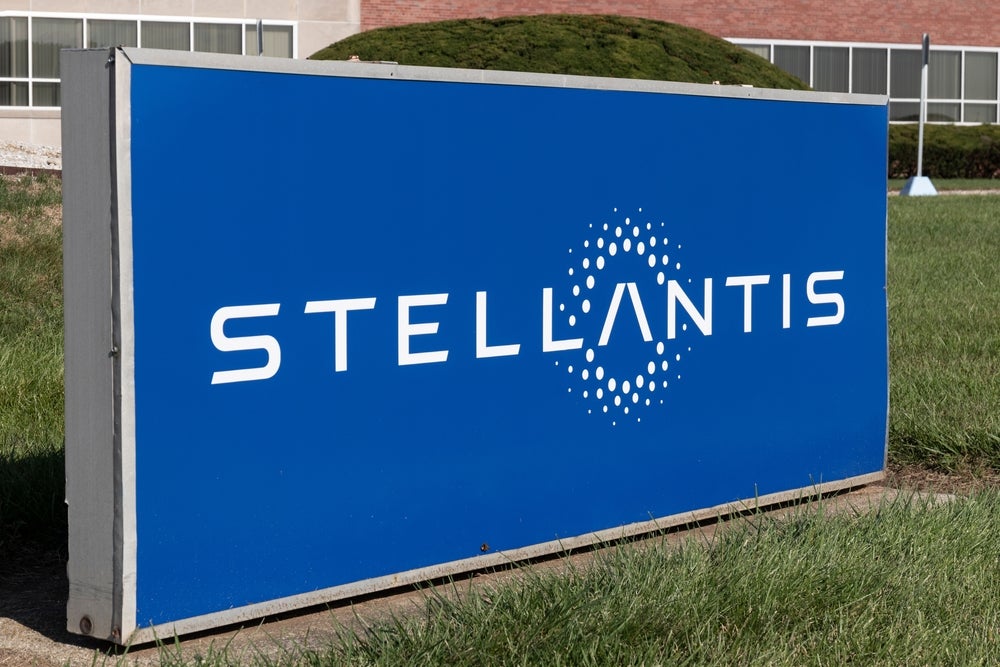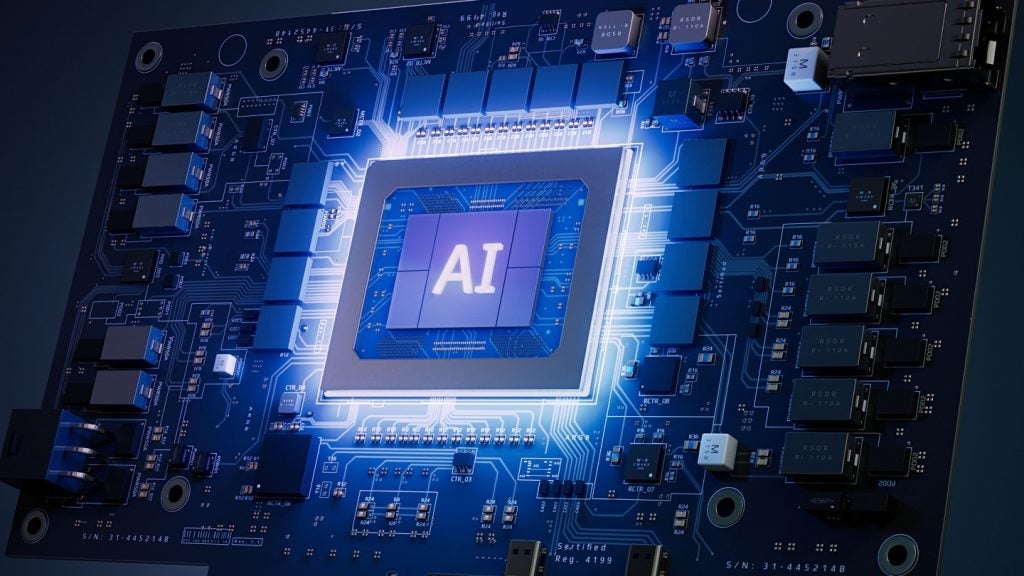
The semiconductor shortage will continue to haunt the car industry at least to the end of 2023, the CEO of Stellantis has predicted.
Carlos Tavares, the CEO of the carmaker formed in 2021 between the Italian-American conglomerate Fiat Chrysler Automobiles and the French PSA Group, made the statement in an interview published in the French newspaper Le Parisien on Sunday.
“The situation will remain very complicated until the end of 2023, then will ease a little,” said Tavares according to Reuters, adding that “semiconductor manufacturers have an interest in making business with us again, especially as they’re raising prices”.
Stellantis CEO says semiconductor shortage to remain into 2023
The Stellantis CEO’s comments comes after years of chip shortages hobbling automotive production around the planet.
The pandemic is partly to blame for the shortage, with lockdowns and safety rules restricting the production as well as the transportation of chips. However, severe weather, soaring demand for silicon and factory fires have also contributed to the drought of new chips.
Car manufactures like General Motors, Hyundai and Ford closed down their production across the world, with some blaming Covid-19 for the shutdown – even if semiconductor shortages could have contributed to these shutdowns too.
How well do you really know your competitors?
Access the most comprehensive Company Profiles on the market, powered by GlobalData. Save hours of research. Gain competitive edge.

Thank you!
Your download email will arrive shortly
Not ready to buy yet? Download a free sample
We are confident about the unique quality of our Company Profiles. However, we want you to make the most beneficial decision for your business, so we offer a free sample that you can download by submitting the below form
By GlobalDataSome car manufacturers have actively looked for new ways to cut down their reliance on chips, with self-proclaimed innovation provider ESI Automotive, announcing last year that it was working with automotive manufacturers to utilise unique material sets which can reduce the semiconductor content in some vehicle systems by as much as 75%.
Semiconductor shortage haunts more than industries
While the Stellantis CEO’s comment predominantly concerned automakers, the semiconductor shortage has hurt the bottom lines of other industries too.
Technology companies like Samsung and Apple have taken a beating too because of the drought, which is hardly surprising given their reliance on chips. However, the dearth has also become a huge geopolitical issue.
The China and the US has been duking it out over technology supremacy for years, but over the past decade tensions have grown between Beijing and Washington. Semiconductors play a huge role in their angling for position.
China is leading at the moment. The republic is expected will become the world’s leading semiconductor superpower on the basis of its growing domestic demand for the chips, according to GlobalData thematic research.
The semiconductor industry will double in size to more than $1tn by 2030, and China will account for approximately 60% of that growth, according to the Semiconductor Industry Association and Boston Consulting Group.
In order to catch up, the US – and the EU too for that matter – has launched several initiatives to reduce its reliance on foreign semiconductor manufacturers.
The tensions are also behind NIVIDIA’s scuppered acquisition of chip designer ARM as well as the US imposing bans on American chipmakers from working in China.
GlobalData is the parent company of Verdict and its sister publications.







